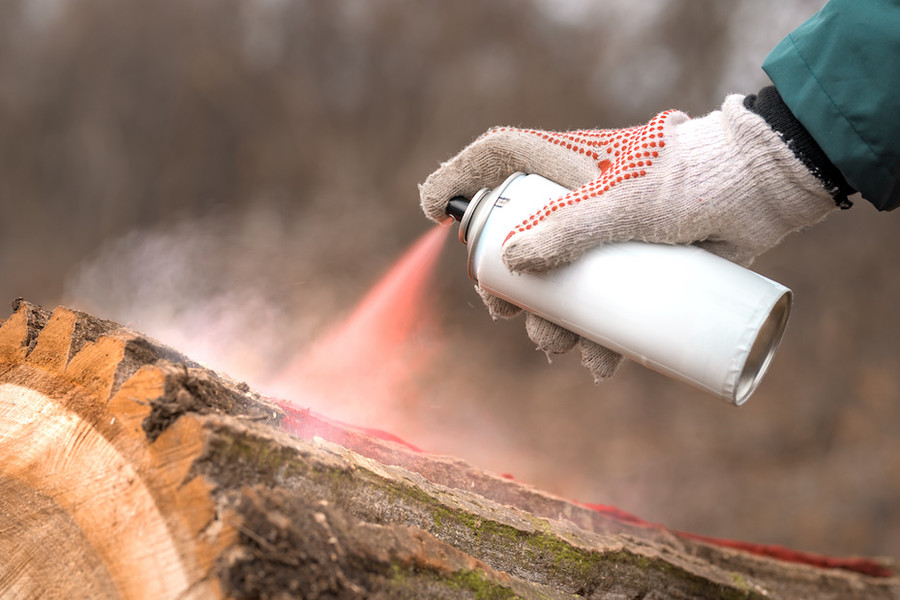What Are Aerosols And How Do They Work
Everyone loves the convenience of aerosol cans. They make it easy to get jobs done efficiently, whether that be painting, cleaning, protecting certain materials or lubricating. Here at Tygris Industrial, we offer a wide range of aerosols suitable for a variety of industries. So we thought we would take a look at the two main kinds of aerosol dispensers and find out how they work and help you decide which one is suitable for you.
What are aerosols?
An aerosol is a suspension of liquid or solid particles in a gas. It is not to be confused with the can itself, which is just the dispensing mechanism. Clouds, fog, and steam are all, natural examples of aerosols because they are made of water droplets which are then dispersed through air.
What are aerosol cans, and how do they work?
An aerosol spray is a mechanism designed to turn a liquid, such as paint, cleaner, lubricant or polish into a finely dispersed mist.
If you have ever read the back of an aerosol can, you might have noticed the phrase "pressurised container". Pressurised container means that the manufacturer has squeezed the contents, usually a propellant and an active ingredient, into the can using high amounts of pressure. So when you press the nozzle of your aerosol can, the contents burst out quickly and forcefully.
Propellants
Pumping a liquid, like paint into a can and pressing the nozzle isn't going to make the liquid come out into a fine mist. You need to add a pressurised gas to produce the desired effect.
Aerosol cans contain two different substances. The liquid product you're interested in releasing, i.e. paint, lubricant, detergent etc., and the pressurised gas called a propellant (typically Butane, Propane or CO2). The gas helps to push the liquid into the air and turn it into an aerosol cloud, resulting in the fine mist we see when we press down on the nozzle of the aerosol can.
Nowadays, the chemicals used are more environmentally friendly and do not damage the ozone layer. However, though they may be better for the environments, there are other risks. Some of them are harmful to inhale, which can be highly flammable. That is why it is essential to adhere to all safety instructions and make sure you are using the correct PPE.
Valve
Aerosol cans would be useless if it weren't for their effectiveness at delivering measured quantities of product. So what makes them able to do that precisely? It is the small valve at the top of the can. When you press the nozzle, it opens the valve, reducing the amount of pressure allowing the contents to escape in a controlled and measured manner. Once you have released the button, the valve closes up again and contains the materials and pressure within the can.
How are aerosol cans made?
Traditionally, most aerosols are made from steel, which is then coated in tin to stop rusting or reacting to the contents. This mixture of steel and tin is called tinplate. The tinplate is wrapped into a cylinder and then has a top and bottom welded on to keep it leakproof.
How do misters (trigger sprays) work?
Not all industrial sprays come in the form of cans. Some products come in plastic containers with trigger handles that make an aerosol mist as you press down. These type of Aerosols, which are called misters, atomisers or trigger sprays, work in an entirely different way to aerosol cans.
They contain only the liquid ingredient, with no propellant required. When you pump the handle, you lower the air pressure in the tube running down into the bottle. The liquid is then forced up the tube and out of the nozzle.
A significant advantage of misters is that they do not need a propellant. This makes them a safer choice, as most propellants are highly flammable. However, they do not produce as fine a mist or spray as aerosol cans do, making them less suitable for products such as paint and polish.
Whichever aerosol you choose to use, you can be sure that TYGRIS INDUSTRIAL are equipped with the expertise along with high-quality products to suit any job or need. Have a look at our Aersol range to find what you are looking for or get in contact today.



